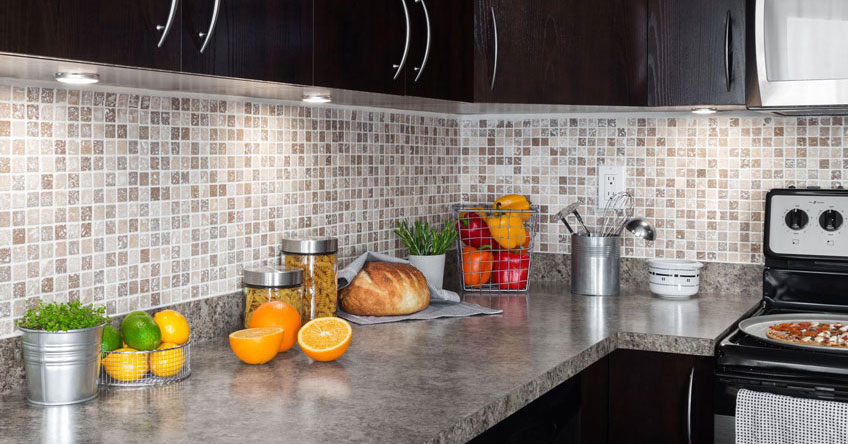Throughout history ceramic tiles have not only developed in their appearance and style, but they have also become a beautiful feature in both residential & commercial properties.
From floor tiles to wall tiles and kitchen tiles to bathroom tiles, the types and uses of tiles have been forever expanding. Due to this reason, we feel it is time to find out the history of ceramics and where floor and wall tiles started.
From clay figurines to ceramic tiles, these inventions all originate from that first initial moment when it was found that clay, when dug up, mixed with water and put in a kiln, creates a ceramic and beautiful object.
The first clay tiles to have been found, date back to over seven-thousand years ago.
History of Ceramics Timeline
4700 BCE: Ceramics developed in Ancient Egypt, around 4,700 BCE, however it was noticed that Roman buildings also used roof tiles.
4000 BC: The first decorative tiles to be found (which were used both inside and outside buildings) were located in Egypt, which dates back to 4000 BC.
Eleventh Century: It was in the eleventh century that tiling picked up, originating from the Middle East and spreading across Europe. Meanwhile, there have been examples of tiles made from clay and mud that are seven thousand years’ old.
Victorian Era: During the Victorian era, tiles began to be produced in masses, meaning that the price of tiles were gradually reducing and were also easier to install since there were so many of them available. However, tiles (especially ones with special designs and patterns on) were not so cheap that all families could yet afford them. Due to this, it was in areas of the home, often used by guests that were decorated with the more fancy, patterned tiles, while the cheaper and plainer tiles were used as kitchen floor tiles and bedroom floor tiles.
Early 1900’s: Originally, during the early 1900’s, ceramic tiles were used on public buildings, such as churches and in homes owned by wealthy families who could afford this extra stylish addition to their home.
1920’s: During the 1920’s to make installing small mosaic tiles on walls easier, while still giving that beautiful designer look, tiles were mounted on sheets to save people time and effort.
1950’s: It was in the 1950’s that ceramic tiles grew and more homes were having them installed. This was especially the case when it came to tiles for bathrooms, specifically in North America, since glazed tiles were a more convenient, easier to clean and stylish flooring alternative.
During the 1950’s in Europe, tiles were becoming much more affordable and during this time the affordable tiles on market were being used around the rest of the house, such as kitchen flooring and bathroom flooring.
20th Century: In the 20th century, more homes were buying ceramic tiles installation services, but not only because of their desirable appearance giving homes that neat and tidy look, but due to hygiene. Tiles started to have unlimited uses such as tile showers and fireplace tiles. Ceramic tile flooring is easy to clean and are therefore an ideal addition to bathrooms and kitchens. Meanwhile, ceramic flooring also provides numerous benefits in places such as restaurants and science labs, where items such as chemicals are used, making it more hygienic and safer to operate.
J&A Brickslips and Pointing can provide further information about our range of wall and floor tiles and getting ceramic tiles installed by an experienced ceramic contractor. We provide Ceramic tile installation to commercial properties all through Essex, London, Kent & Surrey, call today for a FREE quote on 01702 233003.
